BLUE CARD CONCUSSION INITIATIVE
BLUE CARD CONCUSSION INITIATIVE:
World Rugby is inviting the global rugby family to download the latest version of its concussion app, learn from experts and take the test.
The app designed to educate general public, players, parents, coaches, referees, doctors and administrators at all levels provides clear information about concussion prevention and management and challenges participants to share what they have learnt using the hashtag #RecogniseAndRemove on social media.
The app is available for all on Google Play and Apple Store while the full training can also be completed on World Rugby’s player welfare dedicated website.
INTRODUCTION:
The Blue Card Concussion Initiative (BCCI) was first introduced in the Bay of Plenty in 2017 and is designed to improve player welfare in relation to brain injuries like head knocks and concussion. It is an extension of the existing Graduated Return To Play (GRTP) Stages, that has been in place for a number of years.
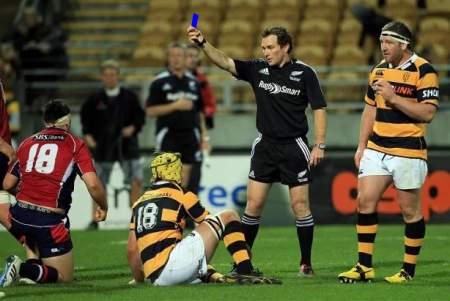
HOW IT WORKS:
Referees complete "Blue Card" Training at the commencement of each season. The aim of the education is to upskill them on recognising the signs and symptoms of Concussion. They are then issued blue cards and become qualified to use them during games.
If, during a match a referee identifies a player suspected of suffering from a head knock or concussion, the referee will issue “A BLUE CARD” and the suspected injured player must leave the field immediately and will not be permitted to play for a minimum of 21 days (any player 19 or over) or 23 days (any player under 19 years).
The power of a referee to remove an injured person is NOT new and has existed in law for some time. The World Rugby Laws of the Game - Law 3.24 states:
If, at any point during a match, a player is concussed or has suspected concussion, that player must be immediately and permanently removed from the playing area. This process is known as “Recognise and Remove”
NZ Rugby Domestic Safety Law Variation Law 3.24 states:
“Without limiting 22.d above, in grades in which Blue Card Concussion Initiatives apply, if the referee believes a player has been concussed, or suspects a player has been concussed, the referee must show a Blue Card to that player, and that player will be required to leave the Playing Area, and not return and play in that match. Further, the player shown a Blue Card may not return to play in any future match without first meeting the requirements for a Graduated Return to Play, as set out in the protocols applicable to the Blue Card Concussion Initiative. Full details of the protocols can be found in the NZ Rugby Booklet titled: Blue Card Concussion Initiative: Protocols & Implementation Procedures for Provincial Unions
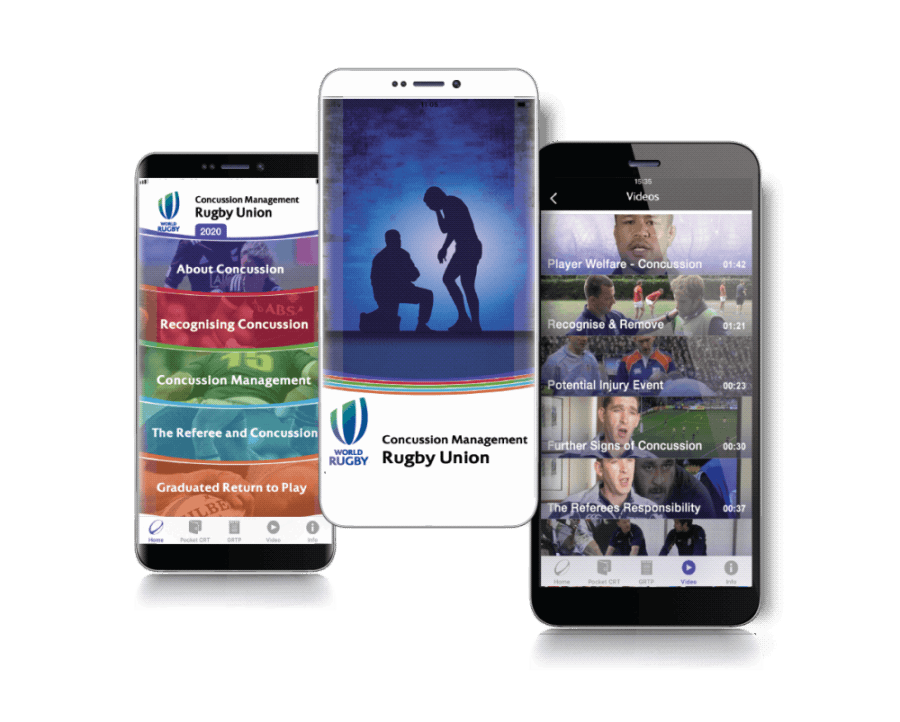
Rugby Union
Concussion Management App
The app designed to educate general public, players, parents, coaches, referees, doctors and administrators at all levels provides clear information about concussion prevention and management and challenges participants to share what they have learnt using the hashtag #RecogniseAndRemove on social media.
The app is available for all on Google Play and Apple Store while the full training can also be completed on World Rugby’s player welfare dedicated website.
STAKEHOLDER ROLES AND RESPONSIBILITIES:
Once a player is sent from the field under a Blue Card, the BCCI process kicks in and the referee, the injured player, their parents or next of kin, the player’s coach, the player’s manager and the BOPRU ALL have a role to play in ensuring the player’s welfare remain paramount when undertaking the GRTP protocol.
Referee role and responsibility:
At the conclusion of the match, the referee completes a Referee Report - Blue Card. This ends the referee's role in this process, unless the player, coach or manager wish to lodge an appeal to have a blue card rescinded.
To find out more on the formal process for the rescinding of a Blue Card, click here for further information
Player's parents/next of kin role and responsibility:
It is highly recommended the injured player NOT drink alcohol for at least 24 hours after the match and if they drove to the game, make arrangements for someone to drive them home. They should also seek medical attention within 24 hours.
The player now has the responsibility to follow the Graduated Return To Play Stages, ensuring that they are symptom free throughout all of the stages.
The player also has a mandatory duty to obtain a medical clearance to return to play ONLY AFTER the expiration of the mandatory 21 or 23 day recovery period.
Player's coach or manager's role and responsibility:
An injured player’s coach and/or manager is responsible for ensuring that the injured player is not left alone after the match and has a safe way of getting home from the venue.
They are also responsible for ensuring their injured player is aware of the GRTP Stages, including when they can return to re-join team trainings for:
- Light aerobic training
- Rugby specific exercise
- Non-contact drills
- Contact training and finally
- RETURN TO PLAY!
Coaches and Managers are not permitted to play a player AT ANY TIME:
- Until after the mandatory 21 or 23 days minimum time frame AND
- Until that player has received medical clearance from a medical practitioner to return to play and has forwarded it to the BOPRU BCCI Administrator.
BOPRU BCCI Administrator role and responsibility:
The Bay of Plenty Rugby Union Blue Card Concussion Initiative Administrator will write a separate letter to both the injured player and the player’s coach or manager:
- Acknowledging that a Blue Card has been issued to an injured player and detailing the fixture details
- Outlining the process the player must follow in order to return to play including:
- 1. The mandatory 21 (or 23) day stand down period
- 2. The mandatory requirement for the injured player to provide a medical clearance from a general practitioner.
The BCCI Administrator will also monitor the player’s recovery to ensure that they are following the GRTP stages.
The BCCI Administrator will keep a register of all Blue Cards issued and ensure that any costs incurred by the injured player in obtaining the medical clearance to return to play are reimbursed to the injured player.
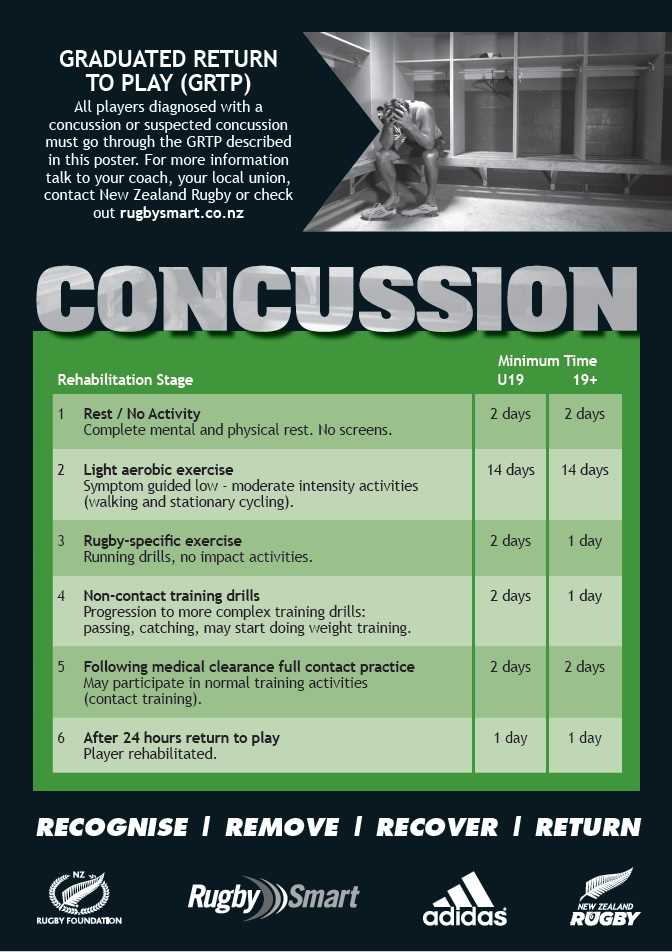
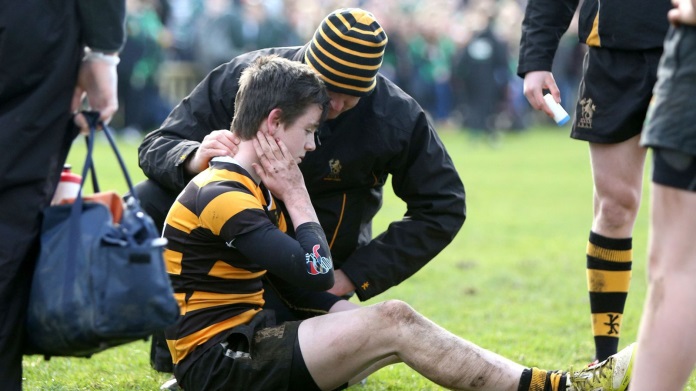
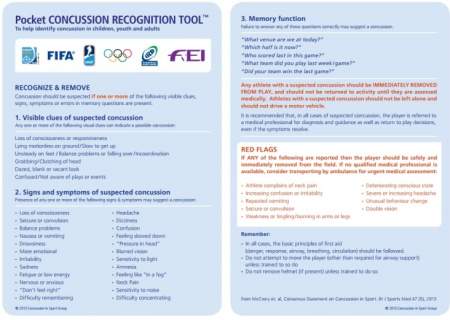
BLUE CARD CONCUSSION INITATIVE FREQUENTLY ASKED QUESTIONS:
Q. As a referee, am I liable if I don’t blue card a player and subsequently the player is found to have been concussed?
A. No. The Blue Card Initiative has been introduced to enhance player safety and welfare. Player safety and welfare is the joint responsibility of many, the referee is not held solely responsible or liable.
Q. Can a player be blue carded retrospectively (post-match)?
A. A Blue Card can only be issued on the field, by a referee. Refer to Process (above).
Q. If a player is blue carded and is subsequently not diagnosed with concussion by a doctor, is the player able to immediately return to play/training? If not, why not?
A. The Community concussion guidelines are applicable to concussion and suspected concussion. These guidelines do not provide an avenue for reducing the stand-down period. A player who has been blue carded is deemed to have reached the threshold of at least having a suspected concussion.
As there is no gold-standard test that a doctor can do post-match to reliably diagnose or exclude concussion in their rooms, we err on the side of caution. A person with concussion can appear normal at rest (in the doctor’s rooms) but become symptomatic with activity including contact after being ‘cleared’. Therefore, a doctor can only exclude a concussion over time, hence maintaining the value of a stand-down period. We are hopeful that in the future we will be able to reduce this stand-down period to a shorter time but the mechanisms for providing safe care across the country do not allow this at present. Player safety and welfare is paramount.
Q. Should a professional rugby player be blue carded in a premier club game, what process is followed?
A. The formal Return to Play protocols applicable to Professional Players applies.
Q. A professional player was issued with a Blue Card in a club match and returned to play the following week, how can this happen?
A. A professional player who has been issued with a Blue Card follows the formal Return to Play protocols applicable to Professional Players. This player has been benchmark tested at the commencement of the season and is monitored daily by a doctor. The player has also followed the Graduated Return To Play protocol under direct medical supervision at each stage. This includes computerised testing to demonstrate he/she has recovered.
Q. Do Assistant Referees need to be trained?
A. This is desirable, but not essential. Only a referee can issue a Blue Card. The referee may issue a blue card after consulting with the Assistant Referee. In receiving a report from an Assistant Referee, the referee must take into consideration whether or not the Assistant Referee has participated in the training programme.
Q. What level of rugby will this policy encompass? i.e. 1st XV and above?
A. In the Bay of Plenty, the Blue Card Concussion Initiative will apply to all senior matches including Representative, Premier, Division 1, Premier Development, Sub Union Senior & Senior Reserve, Colts and Women's. It will also be applied to any secondary school or Junior rugby fixture where a “Blue Card Trained” Referee is officiating.
Q. Is there a level of qualification required for referees to have the authority to issue blue card? i.e. can it be an Associate Referee or ‘You Make The Call’ referee?
A. Only Registered Referees who have participated in the required annual training course, can issue a blue card.
Q. Can a coach or manager ask for a player to be blue carded? Can this be done for their own team or opposition?
A. A blue card can only be issued on the field, by a referee. Refer to Process (above).
Q. Where can I find more information on what to look for when assessing the likelihood of concussion?
A. The Concussion Recognition Tool can be very helpful with this. Click here to view
Q. Can a player be issued with a blue card (compelled to undertake Blue Card protocols) by his coach or club (for instance, from a training incident)?
A. A blue Card can only be issued on the field, by a referee. Refer to Process (above).
Q. Must a player issued with a Blue Card undertake two visits to a Doctor to comply with the Graduated Return To Play protocols?
A. It is strongly recommended this practice be adopted. The player should visit a doctor within 24 hours of sustaining the knock to the head and then again to obtain a clearance to return to play. The minimum requirement is for the player to visit a doctor to obtain a medical clearance/certificate to return to play.
Q. In complying with the GRTP protocols to obtain an assessment and/or medical clearance, will I be reimbursed for any medical expenses I incur?
A. Most costs should be covered by ACC. However, any surcharge costs incurred by the injured player in obtaining the Return to Play medical clearance certificate will be reimbursed by BOPRU upon presentation of both the Medical Clearance to Play certificate and a receipt for the surcharge costs incurred.
Q. How does a player obtain reimbursement of this surcharge?
A. The player will need to pay the surcharge at the time of their visit, retain the receipt and provide it to their Provincial Union for reimbursement.
Q. What if you believe the blue card was issued in error?
There is a formal process for the rescinding of a Blue Card. Click here for further information
IF YOU REQUIRE ANY FURTHER INFORMATION?
For further information please feel free to download the following documents:
If after pouring through all the material, you still have a question, please feel free to contact:
Blue Card Concussion Initiative Administrator
BAY OF PLENTY RUGBY UNION
HIGH PERFORMANCE CENTRE
52 MIRO STREET
MOUNT MAUNGANUI
EMAIL OFFICE@BOPRUGBY.CO.NZ
SIGN UP TO THE BAY OF PLENTY RUGBY
E-NEWSLETTER
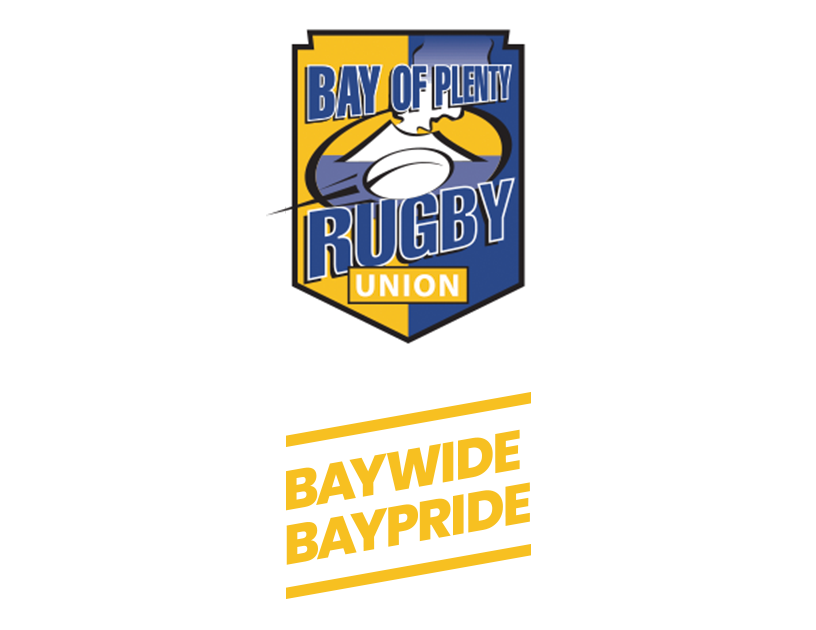
 Admin Login
Admin Login